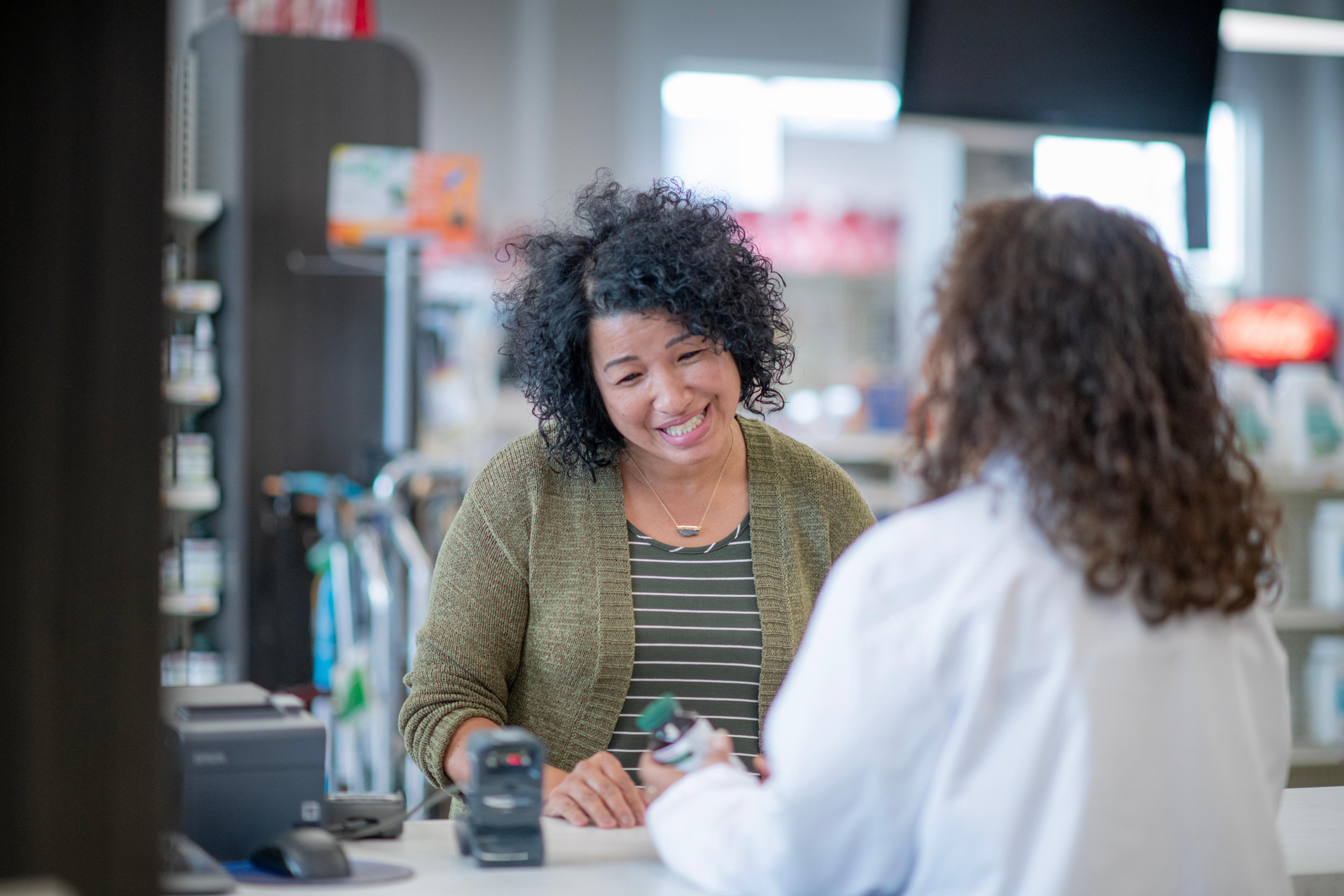
Matt Wozny is a virtual well-being coordinator for Blue Cross Blue Shield of Michigan. He’s a driving force behind a program that teaches members how to maintain their health in and outside of work. That includes mastering the physical, mental, and financial aspects of life. Financial well-being is a critical concept. “It's really not the amount of money that you make,” explained Wozny. “It's really about how you manage your money and how you can get a grasp of it.” The average American is about $38,000 in personal debt. That number excludes home mortgages, which is even more troubling. Luckily, you can turn things around by being proactive and making better choices. “The number one thing that I think a lot of people tend to forget to do is … track where your money is going,” said Wozny. “Revise and revisit all of your bank statements, all of your credit cards.” It’s also important to establish your needs versus your wants. Luxury items can be a wonderful treat, but they’re not vital to your existence. Create a baseline for what you need to survive on a daily or weekly basis. From there, start making cuts to unnecessary expenses like the latest smartphone, expensive shoes, or a brand-new car. On the latest episode of the A Healthier Michigan Podcast, hosted by Chuck Gaidica, he and Wozny discuss the importance of proper money management. [podcast_player] “You technically don't need to have millions of dollars to be happy, to be productive, to be creative, to do the things that you want to do,” said Wozny. More money equals more responsibility, which could lead to mental health issues such as anxiety and depression. The goal is to successfully manage the amount that provides for all your basic needs. Shift your focus from consumerism to altruism. “Experiments show when people spend bonus money on themselves, it doesn't boost their happiness,” said Wozny. “But when they spend it on someone else or donate it to a charity … their sense of well-being increases.” Helping others is proven to be beneficial for everyone involved. The most crucial part of financial planning is creating a rainy-day fund. You never know when an emergency will strike. Start building your savings by putting 10 percent of every paycheck into a separate account. To make it easier, transfer funds by setting up an automatic withdrawal. “I would highly recommend not physically doing it yourself,” warned Wozny. “Having it automatically done will make the process 10 times easier, I can guarantee that.” Financial planning can feel overwhelming but it’s a worthy effort. An investment today is a reward for tomorrow. If you found this post helpful, you might also enjoy:
Photo credit: dolgachov





